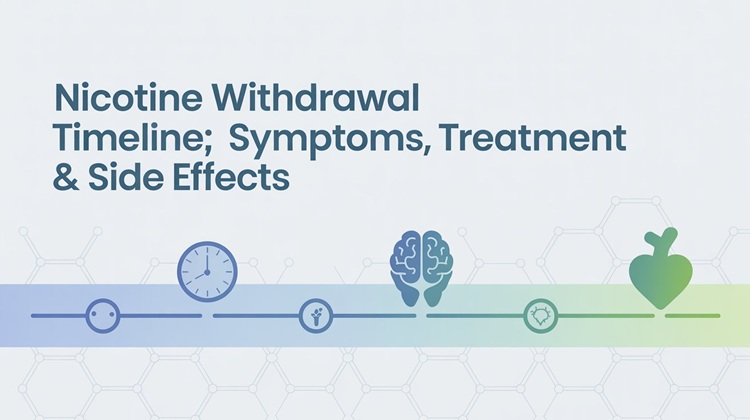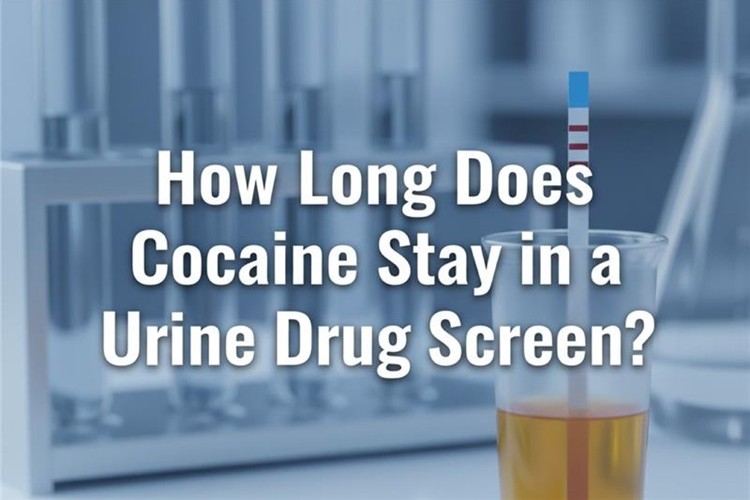Athletes are often portrayed as superhuman, with their physical abilities and resilience taking center stage. However, beneath the surface, they grapple with various mental health challenges. The intense pressures, competition, and personal expectations that come with a career in sports can contribute to developing mental health issues. In this blog post, we will explore 7 common mental health issues that athletes face, shedding light on the importance of recognizing and addressing these issues within the athletic community.

Mental Health Fast Facts
- 1 in 5 U.S. adults experience mental illness each year
- 1 in 20 U.S. adults experience serious mental illness each year
- 1 in 6 U.S. youth aged 6-17 experience a mental health disorder each year
- 50% of all lifetime mental illness begins by age 14, and 75% by age 24
- Suicide is the 2nd leading cause of death among people aged 10-14
Unveiling the 7 Common Mental Health Issues in Athletes: Breaking the Stigma
1. Performance Anxiety
Performance anxiety, often called “game-day jitters,” is a prevalent mental health challenge among athletes. The pressure to perform at their best during crucial moments can lead to anxiety, nervousness, a racing heart, and even panic attacks. Athletes may fear disappointing their coaches, teammates, or fans, which intensifies the anxiety they experience before competitions.
Tip: Sports psychologists and performance coaches can help athletes develop strategies to manage performance anxiety through techniques such as visualization and relaxation exercises.
2. Depression
Depression is a mental health issue affecting athletes, like the general population. The demanding schedules, injuries, and setbacks in their careers can affect an athlete’s mental well-being. Depressive symptoms may include persistent sadness, low energy levels, loss of interest in activities, and difficulty concentrating. A study of college athletes in Florida found that 17% met the criteria for depression. This is higher than the rate of depression in the general population of college students in the United States, which is estimated to be around 10%.
Tip: Encouraging open communication and providing access to mental health resources can help athletes seek support when facing depression.
3. Eating Disorders
Athletes in sports that emphasize weight and body composition, such as gymnastics, wrestling, and long-distance running, are at risk of developing eating disorders. The desire to meet specific weight or body image goals can lead to unhealthy behaviors, such as restrictive eating, excessive exercise, or binge eating.
Tip: Coaches and sports organizations should promote healthy body image and educate athletes about the dangers of extreme dieting and exercise practices.
4. Substance Abuse
The pressures of the sports world can sometimes lead athletes to turn to substances like alcohol or drugs to cope with stress, pain, or performance anxiety. Substance abuse can have severe consequences on an athlete’s career and personal life, and it often goes unnoticed until it reaches a critical stage.
Tip: Sports organizations should implement comprehensive drug education and prevention programs, and athletes should be encouraged to seek help if they struggle with substance abuse.
5. Burnout
Athlete burnout is a state of emotional, physical, and mental exhaustion caused by prolonged periods of high stress, overtraining, and excessive competition. Burnout can decrease performance, reduce motivation, and disillusionment with the sport.
Tip: Coaches and support staff should monitor athletes for signs of burnout, encourage them to take breaks, set realistic goals, and prioritize self-care.
6. Anxiety Disorders
Generalized anxiety disorder, social anxiety disorder, and specific phobias are common anxiety disorders affecting athletes. The fear of failure, social pressures, and the relentless pursuit of perfection can exacerbate anxiety symptoms, making it challenging for athletes to perform at their best.
Tip: Cognitive-behavioral therapy (CBT) and exposure therapy are effective treatments for anxiety disorders and can help athletes develop coping mechanisms.
7. Post-Traumatic Stress Disorder (PTSD)
Athletes who experience traumatic injuries or life-altering events within their careers, such as a severe injury or a career-ending diagnosis, are at risk of developing PTSD. This disorder’s characteristic symptoms are flashbacks, nightmares, and a persistent sense of danger.
Tip: Early intervention through counseling and support can help athletes process traumatic events and develop strategies to manage their symptoms.
100% Confidential Support is Available 24/7
No matter what you’re going through, you’re not alone. Our dedicated team is here to provide a safe, judgment-free space where you can talk openly and honestly. Whether you need emotional support, resources, or just someone to listen.
We’re here for you—completely confidential and always respectful of your privacy. Call us today!
Conclusion
Recognizing and addressing common mental health issues in athletes is essential for their well-being and the overall success of the sports community. Coaches, sports organizations, and athletes have a role in creating an environment that prioritizes mental health. By promoting awareness, providing access to mental health resources, and reducing the stigma associated with seeking help, we can ensure that athletes receive the support they need to thrive both on and off the field. It’s time to break the silence surrounding mental health in sports and foster a culture of understanding, compassion, and resilience.
Contact Palm Coast Treatment Solutions
Battling with Drug and Alcohol Addition? Remember, you are not alone and we are here to help you!
Athlete Struggling with Mental Health? You’re Not Alone—We Can Help!
Are you an athlete facing mental health challenges? You’re not alone in this journey. Many athletes grapple with these issues but often find it challenging to open up about them due to performance pressures, fear of judgment, and the stigma around mental health.
But there’s hope!
At Palm Coast Treatment Solutions, we understand your unique needs. We’re not your typical drug and alcohol rehab—we’re dedicated to providing real solutions that yield genuine results for both adults and adults.
If you’re an athlete dealing with one of these common mental health issues, please reach out to Palm Coast Treatment Solutions. We’re committed to offering you the best possible care. Our team of seasoned professionals will collaborate with you to create a personalized treatment plan tailored to your specific needs.
Don’t wait any longer. Take that first step towards recovery today. Contact Palm Coast Treatment Solutions now at (386) 284-4151.
You may also like reading:






















